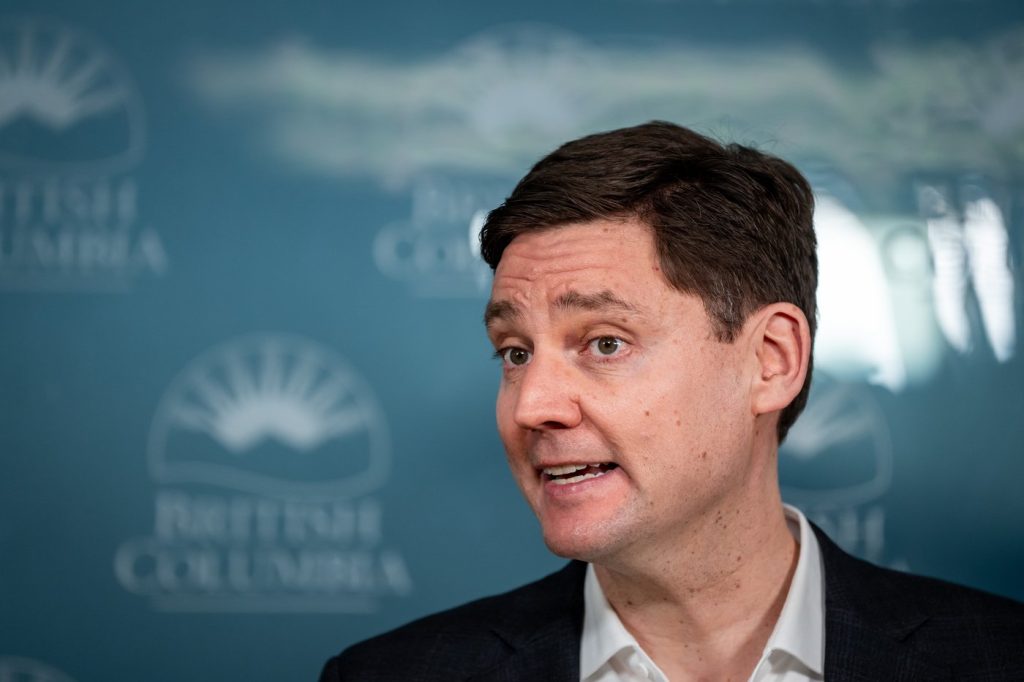In Vancouver, British Columbia Premier David Eby addressed the current situation of the Canadian federal government following Prime Minister Justin Trudeau's announcement of his resignation. Eby highlighted that the premiers of Canada are stepping up to combat the potential tariffs threatened by U.S. president-elect Donald Trump. He indicated that a trip to Washington is being planned for a direct meeting with American officials to persuade Trump to reconsider his aggressive tariff strategies.
Trump has previously issued warnings about using economic power to integrate Canada as the 51st state, alongside announcing considerable tariffs on Canadian and Mexican imports during his first press conference after the certification of his election. In response, Eby stated that the provincial leaders are mobilizing and will convene on Wednesday to strategize their approach, especially in light of the upcoming transition in federal leadership.
Eby expressed that the proposed tariffs could lead to significant price increases for American consumers, impacting essential costs such as housing and energy. He firmly opposes the tariffs, labeling them as "totally unjustified" and emphasizes that the existing border issues could be addressed through cooperation rather than imposing duties that would affect both nations adversely.
Trudeau reiterated on social media that Canada has no intention of becoming part of the United States, with Eby echoing these sentiments by stating that Canadians take pride in their national identity. He remarked on the distinctiveness between both countries, acknowledging their differences while appreciating their relationship as neighbors and allies.
Amidst the political climate, the House of Commons in Ottawa is prorogued until March 24, with expectations that a new Liberal leader will be established prior to that date. Meanwhile, the British Columbia legislature is also not set to reconvene until mid-February. Eby assured that should a need arise for a coordinated response to the tariffs that requires provincial legislation, the legislature would be called back into session immediately.
He outlined that there are currently no proposals demanding such legislative action, but he anticipates discussions on Wednesday with other premiers to ensure effective coordination. Eby expressed hope that despite the leadership changes at the federal level, there will still be opportunities for meaningful collaboration moving forward.
Overall, Eby's proactive approach and the collaboration among Canadian premiers reflect their commitment to safeguarding Canada's economic interests in a challenging and evolving political landscape. The ongoing developments surrounding trade relations underline the significance of unity among Canadian leaders amidst uncertainties in federal governance.










